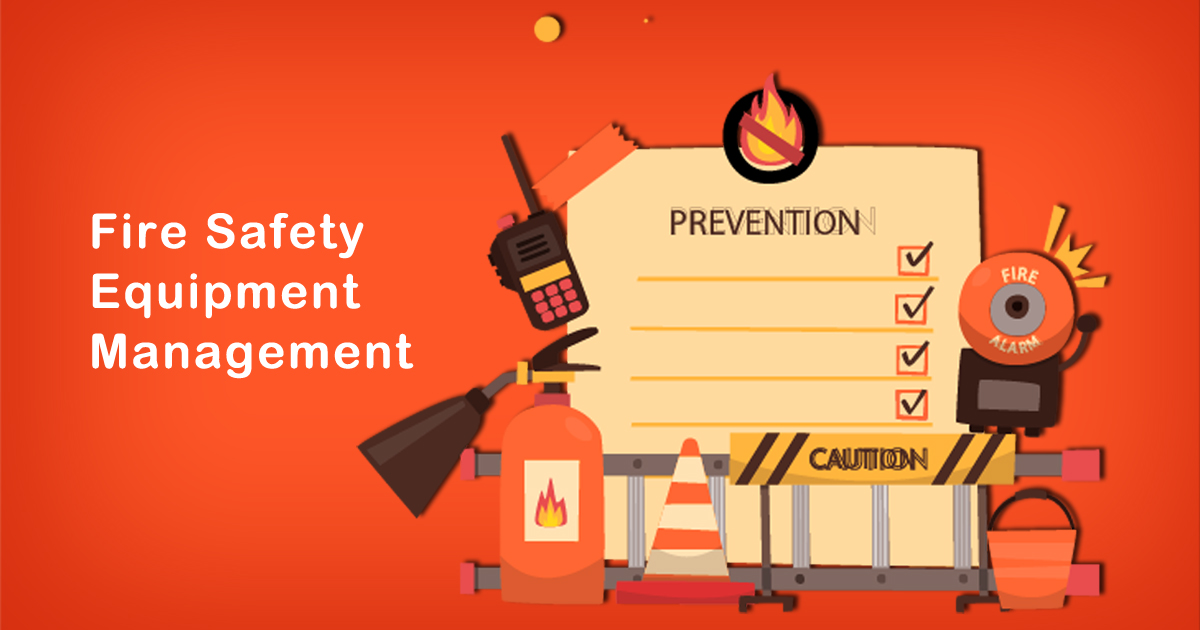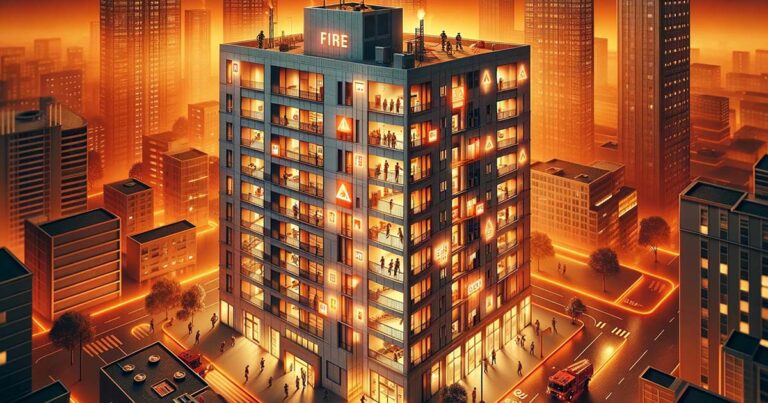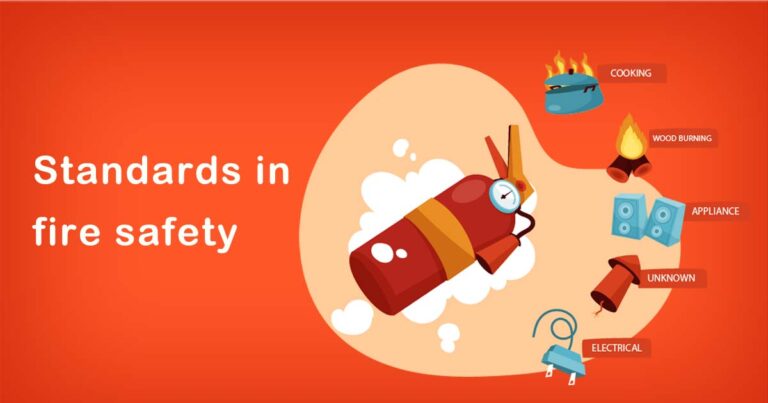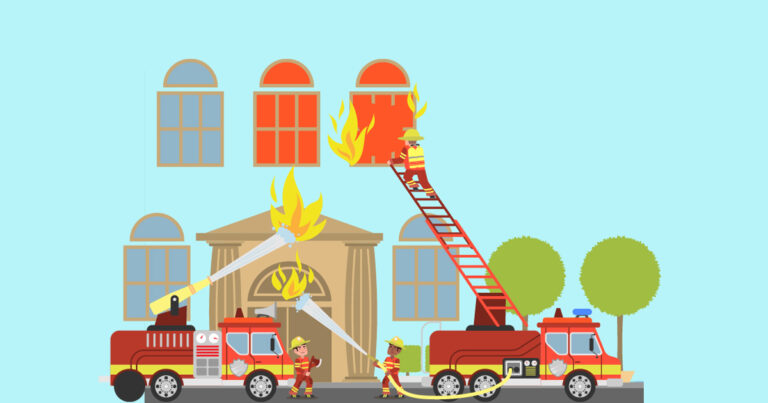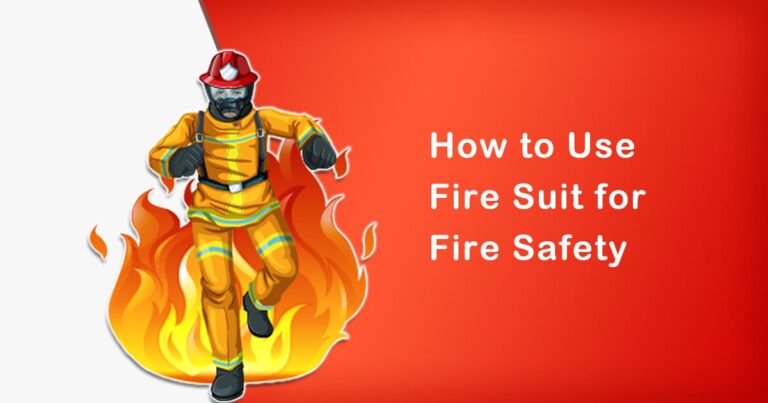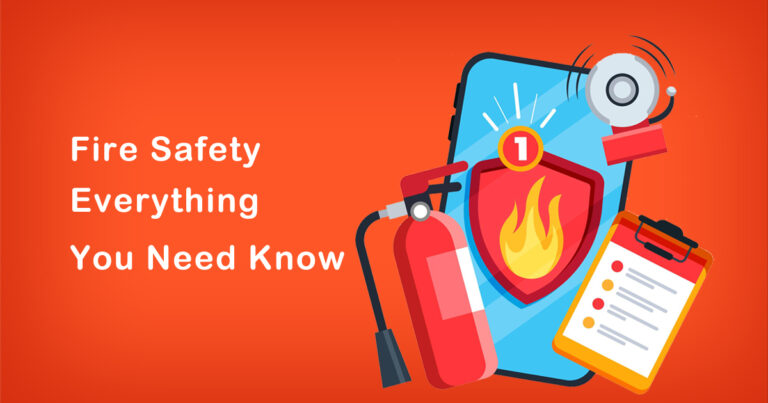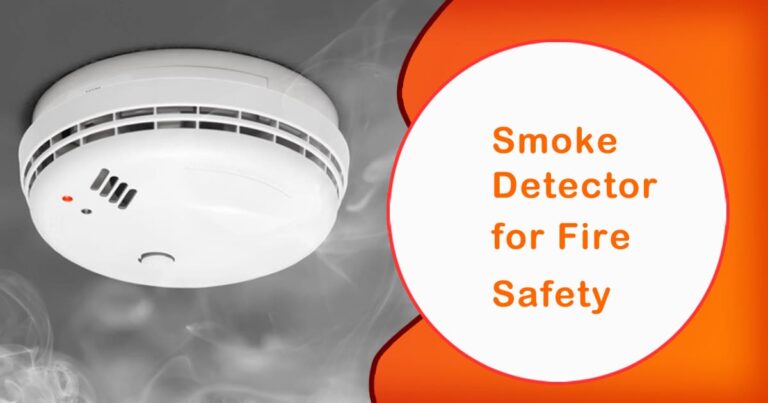Fire safety is an essential aspect of any building or establishment, and it is essential to ensure that adequate measures are in place to prevent and control fires. One critical component of fire safety is fire safety equipment, which includes fire extinguishers, fire alarms, sprinkler systems, smoke detectors, and other fire safety equipment. Fire safety equipment management is the process of ensuring that these essential safety devices are adequately maintained, inspected, and ready to use in case of a fire. In this blog, we will discuss everything you need to know about fire safety equipment management in the Indian context.
Fire safety equipment management is a crucial aspect of fire safety in any building, and it involves the following:
1. Inspection and maintenance of fire safety equipment: All fire safety equipment, including fire extinguishers, fire alarms, sprinkler systems, smoke detectors, and others, must be regularly inspected and maintained to ensure they are functioning correctly. This includes regular testing and maintenance of fire safety equipment to identify any faults or defects.
2. Record keeping: It is essential to keep accurate records of all inspections and maintenance activities for fire safety equipment. This includes records of inspections, repairs, and maintenance activities for each device.
3. Training and education: Building occupants must be trained on the proper use of fire safety equipment, including fire extinguishers, fire alarms, and sprinkler systems. This training should be conducted regularly to ensure that everyone is familiar with the equipment and how to use it in case of an emergency.
4. Emergency response planning: Emergency response planning is an essential aspect of fire safety, and it includes developing and implementing plans for evacuating buildings in case of a fire. This should include identifying escape routes, emergency exits, and meeting points outside the building.
In the Indian context, fire safety is a significant concern due to the country’s population density, lack of fire safety regulations and standards, and inadequate fire safety infrastructure. According to the National Crime Records Bureau (NCRB), there were 18,450 deaths due to fires in India in 2019, which is a significant concern. Therefore, it is essential to ensure that all buildings in India have adequate fire safety equipment and that they are properly maintained and managed.
The government of India has introduced several fire safety regulations and standards to improve fire safety in the country. The National Building Code of India (NBC) provides guidelines for fire safety in buildings, and it mandates that all buildings should have adequate fire safety equipment, including fire extinguishers, fire alarms, and sprinkler systems. In addition, the Bureau of Indian Standards (BIS) has developed several standards for fire safety equipment, including fire extinguishers and fire alarms.
Fire safety equipment management is crucial in India due to the high incidence of fires in the country. Inadequate maintenance and management of fire safety equipment can lead to equipment failure, which can result in significant property damage, injuries, and loss of life. Therefore, it is essential to ensure that all fire safety equipment is adequately maintained and managed to ensure that they are ready to use in case of a fire.
In conclusion, fire safety equipment management is a crucial aspect of fire safety in any building or establishment. It involves regular inspection and maintenance of fire safety equipment, record-keeping, training and education, and emergency response planning. In the Indian context, fire safety is a significant concern, and adequate fire safety equipment management is essential to ensure the safety of building occupants and prevent property damage, injuries, and loss of life due to fires. Therefore, it is essential to ensure that all fire safety equipment is adequately maintained and managed to ensure that they are ready to use in case of a fire.


